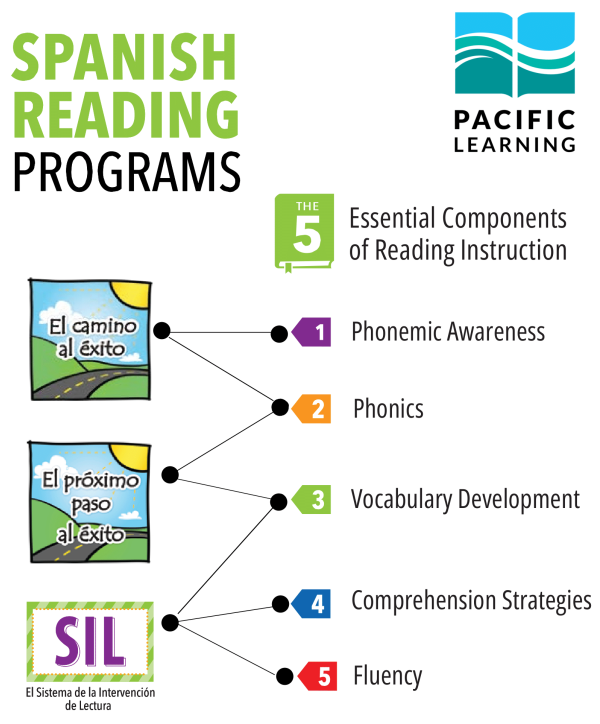Proposed Changes of HS Requirements for Districts and Students
Happy April Fool’s Day! Be careful, educators; unfortunately, a lot of the news we are getting is no joke. In February, the New Jersey Department of Education presented their Proposed Readoption with Amendments and Repeals at N.J.A.C. 6A:8, Standards and Assessment. Here is the PDF of their presentation. It does not specify a significant change for high school ML students and their district even though it is included in the code.
6A:8-5.1 Graduation requirements
(a) For a State-endorsed diploma, district boards of education shall develop, adopt, and implement local graduation requirements that prepare students for success in post-secondary degree programs, careers, and civic life [in the 21st century], that are delivered by educators who are appropriately certified within each of the NJSLS content areas, and that include the following:
(B) English as a second language (ESL) courses designed to meet graduation requirements at (a)1 above and delivered either by appropriately certified content area educators who either:
(i) Also hold an ESL endorsement; or
(ii) Provide instruction concurrently with ESL endorsement holders who do not have the content area endorsement.
This will impact ESL scheduling in high schools across New Jersey, hurting districts and ML students in many ways. We are asking our members to share this information with administrators and get everyone to write and send testimony to the NJDOE Standards and Assessment Office to make them aware of the impact of this change.
Below is an abbreviated version of NJTESOL/NJBE’s testimony for people to share and edit before sending to chapter8@doe.nj.gov.
 NJTESOL/NJBE asks that you email the following to the Department of Education at chapter8@doe.nj.gov as soon as possible:
NJTESOL/NJBE asks that you email the following to the Department of Education at chapter8@doe.nj.gov as soon as possible:
I am writing to express my strong opposition to the proposed amendment to Chapter 8 of the New Jersey Administrative Code, which would render ESL-certified teachers ineligible to teach high school ESL courses that count toward English Language Arts (ELA) or World Language graduation credits unless they hold dual certification or teach the course with a content certified teacher.
The proposed regulation is inconsistent with established research and longstanding NJDOE guidance affirming that ESL-certified teachers are highly qualified to teach these courses. According to the National Academies of Sciences, Engineering, and Medicine (2017), effective language instruction for multilingual learners (MLs) must be grounded in linguistics, the structure of American English, developing literacy skills, and language acquisition strategies, which are explicitly integrated into ESL teacher preparation programs. Furthermore, the WIDA English Language Development (ELD) Standards Framework (2020) aligns with the NJSLS ELA standards, reinforcing the capability of ESL educators to provide rigorous, standards-based instruction that meets the linguistic and academic needs of MLs.
Historical precedents further support the qualification of ESL-certified teachers to deliver credit-bearing ELA and World Language courses. Under the No Child Left Behind Act (2006), ESL teachers were deemed highly qualified to teach these subjects. More recently, during the July 21, 2022, Bilingual Advisory Committee meeting, the NJDOE reaffirmed this stance, leading to the approved readoption of N.J.A.C. 6A:15-1.4(k). The abrupt reversal of this long-established policy lacks justification and undermines the integrity of ESL instruction in our state.
Beyond the research-based validation of ESL-certified teachers, the proposed change would have detrimental practical implications for districts, educators, and MLs. The requirement for co-teaching with a content-certified teacher introduces unnecessary staffing challenges, increases financial burdens on districts, and complicates high school scheduling. Most critically, it creates additional barriers to graduation for MLs, a population already at greater risk of educational inequities (Gándara & Hopkins, 2010). Research consistently shows that integrated, content-based ESL instruction supports higher academic achievement and language proficiency development (Echevarria, Vogt, & Short, 2017), directly contradicting the rationale for this amendment.
I strongly urge the NJDOE to reconsider this proposed change and maintain the current policy recognizing ESL-certified teachers as highly qualified to teach ESL/ELA and ESL/World Language courses for high school graduation credit. I appreciate your time and consideration in ensuring equitable educational opportunities for New Jersey’s multilingual learners.


